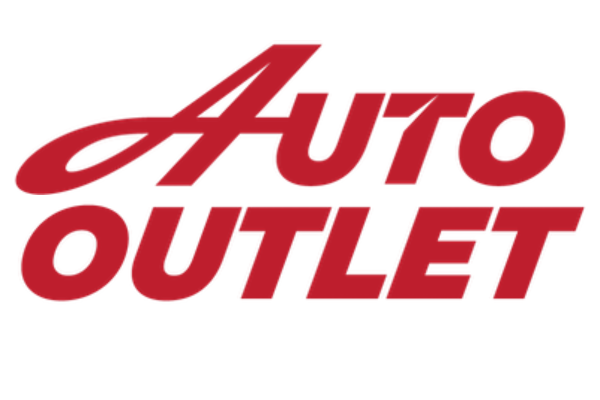The Benefits of Buying from Local Dealerships vs. Private Sellers

When it comes to purchasing a used car in British Columbia, buyers often find themselves torn between buying from a local dealership or a private seller. Each option comes with its own set of advantages and disadvantages, and understanding these can help you make an informed decision. This article delves into the benefits and drawbacks of both options, focusing on key factors such as pricing, warranties, vehicle history, and buyer protection.
Pricing
Private Sellers
One of the main attractions of buying from a private seller is the potential for lower prices. Private sellers might offer better deals because they are not dealing with overhead costs like a dealership. Additionally, private sellers may be more willing to negotiate, especially if they are eager to sell quickly. However, this potential cost savings can come with hidden risks. Private sellers may not be as forthcoming about the vehicle's condition, and without professional inspection services typically provided by dealerships, buyers might end up with unforeseen repair costs.
Local Dealerships
Local dealerships, on the other hand, often have set prices that reflect market values, which can be higher than those offered by private sellers. However, dealerships offer the advantage of transparent pricing structures that include taxes and fees upfront. This transparency can make budgeting easier and help avoid unexpected expenses. Moreover, many dealerships offer financing options, making it easier for buyers to manage their payments over time. This can be a significant advantage for those who do not have the full purchase price available upfront.
Warranties and Guarantees
Private Sellers
Purchasing from a private seller typically means buying the car "as-is." This means there are no warranties or guarantees, and the responsibility for any issues that arise after purchase falls squarely on the buyer. This can be a significant drawback, especially if the car develops problems soon after the sale.
Local Dealerships
In contrast, local dealerships often provide warranties on their used cars, giving buyers peace of mind. These warranties can cover various repairs and services within a certain period after purchase, reducing the risk of unexpected expenses. Additionally, some dealerships offer certified pre-owned programs, where vehicles undergo thorough inspections and reconditioning, providing further assurance of quality and reliability.
Vehicle History and Documentation
Private Sellers
A common challenge when buying from a private seller is obtaining a comprehensive vehicle history. Private sellers may not have all the necessary documentation, or they might withhold information about past accidents or repairs. While services like Carfax can help uncover a vehicle’s history, the burden of investigation lies with the buyer.
Local Dealerships
Dealerships, by contrast, are typically required to provide full disclosure of a vehicle's history. They often include a complete vehicle history report, detailing past ownership, accident history, and service records. This transparency can help buyers make more informed decisions and avoid cars with potentially problematic histories.
Buyer Protection and Legal Recourse
Transactions with private sellers are generally riskier, as buyers have limited legal recourse if something goes wrong post-sale. The buyer must be diligent in ensuring that all paperwork is in order and that the vehicle is in the promised condition before completing the purchase.
Purchasing from a dealership offers more protection due to the regulated nature of the industry. Dealerships must adhere to consumer protection laws, providing a layer of security for buyers. If issues arise, buyers have more avenues for recourse, such as contacting the dealership for resolution or seeking assistance from consumer protection agencies.
Convenience and Time Investment
While buying from a private seller can result in cost savings, the process is often more time-consuming. Buyers need to conduct thorough research, arrange inspections, and handle all paperwork independently. Additionally, scheduling test drives and negotiations with private sellers can be more cumbersome and time-intensive.
Dealerships offer a more streamlined and convenient buying process. They handle much of the paperwork and logistics, often providing additional services like trade-ins and vehicle delivery. Dealerships also typically have a wider inventory selection, allowing buyers to compare different models and find the best fit more efficiently.

Conclusion
Choosing between a local dealership and a private seller depends on the buyer's priorities and circumstances. For those seeking lower prices and willing to take on more risk, private sellers might be the way to go. However, if peace of mind, legal protection, and convenience are more important, purchasing from a local dealership is likely the better option.
By understanding the benefits and drawbacks of each, buyers in BC can navigate the used car market with confidence, securing a vehicle that meets their needs and budget.


